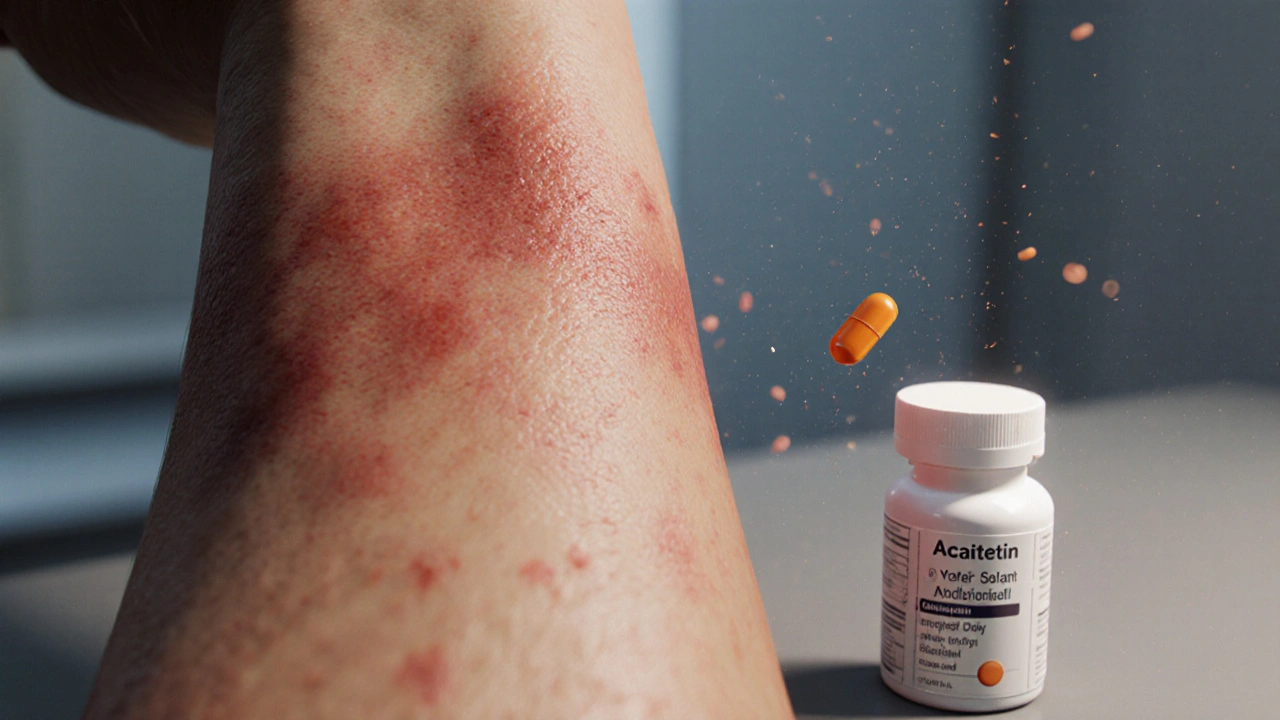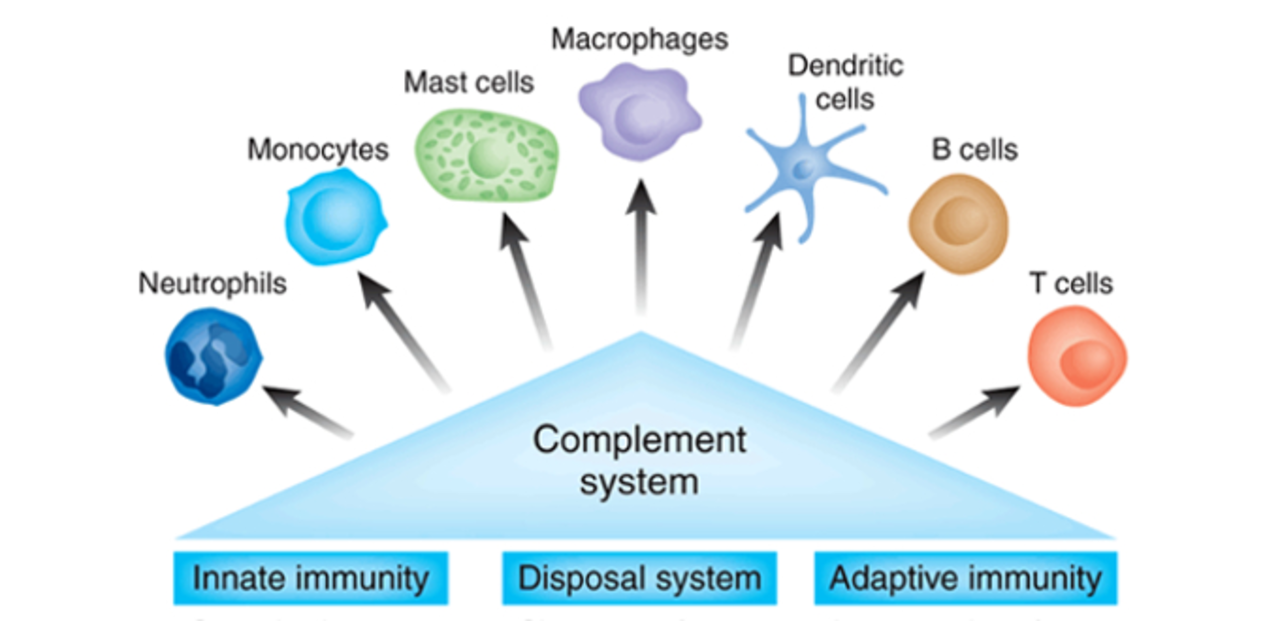Acitretin: What It Is, How It Works, and What You Should Know
If you’ve been told to take acitretin, you probably wonder why a pill can help skin problems. Acitretin is an oral retinoid – a vitamin A‑derived drug that tells skin cells to grow and die at a more normal rate. Doctors mainly use it for severe plaque psoriasis, but it also helps stubborn acne or other rare skin disorders when creams aren’t enough.
Because acitretin changes how cells behave, it works best when the disease is widespread or resistant to topical treatments. It’s not a quick fix; you’ll usually need several weeks before you see noticeable improvement. The good news is that many people experience clearer skin and less scaling once the medication reaches steady levels in their body.
When Doctors Prescribe Acitretin
The typical dose starts at 25 mg per day, taken with a meal to improve absorption. Some doctors increase it to 50 mg if the skin isn’t responding after a month or two. Treatment periods vary – some stay on it for three months, others for a year, depending on how well they tolerate the drug and how their skin reacts.
Acitretin is usually chosen when:
- You have moderate‑to‑severe plaque psoriasis covering large areas.
- Your acne hasn’t cleared with topical or oral antibiotics.
- You need a systemic option because light therapy isn’t practical.
Before starting, your doctor will check liver function and cholesterol levels. The medication can raise both, so baseline labs are essential.
Key Benefits, Risks and Practical Tips
The biggest benefit is that acitretin can dramatically reduce plaque thickness and scaling in just a few months. It also helps prevent new lesions from forming, giving many patients smoother skin for the long term.
Side effects are common but usually manageable:
- Dry skin, lips, or eyes – keep moisturizers and lip balm handy.
- Hair thinning or loss – often temporary.
- Elevated triglycerides and cholesterol – diet changes and regular blood tests help.
- Joint pain or stiffness in some people.
The most serious warning is its teratogenic risk. Acitretin can cause birth defects for up to three years after you stop taking it. If you’re a woman of child‑bearing age, you must use two reliable forms of contraception during treatment and for the full 3‑year washout period.
Other practical tips:
- Take the pill with food; a high‑fat meal improves absorption.
- Avoid alcohol – it can turn acitretin into its more active form, increasing side‑effect risk.
- Stay hydrated and use gentle skin cleansers to reduce dryness.
- Schedule blood work every 2–3 months to monitor liver enzymes and lipids.
If you notice severe headaches, vision changes, or signs of depression, contact your doctor right away. These are rare but require immediate attention.
Overall, acitretin can be a game‑changer for tough skin conditions when used responsibly. Talk openly with your healthcare provider about any concerns, follow lab appointments, and stick to the contraception guidelines if applicable. With the right approach, many people achieve clearer, healthier skin without major hassles.
A clear, 1500‑word guide covering acitretin's benefits, risks, dosing, monitoring and how it compares to other psoriasis treatments.
Oct, 16 2025
Acitretin is a medication I've been learning about, and I've discovered that it has a significant connection with our immune system. It's a type of retinoid, which means it is derived from vitamin A, and is mainly used to treat severe psoriasis. What's interesting is that it helps suppress our immune system, which in turn reduces the inflammation and overactive skin cell growth associated with this skin condition. As a result, using Acitretin can lead to clearer and healthier skin in patients. However, it's crucial to remember that it can also cause some side effects, so it's essential to consult a healthcare professional before starting this treatment.
Apr, 27 2023


